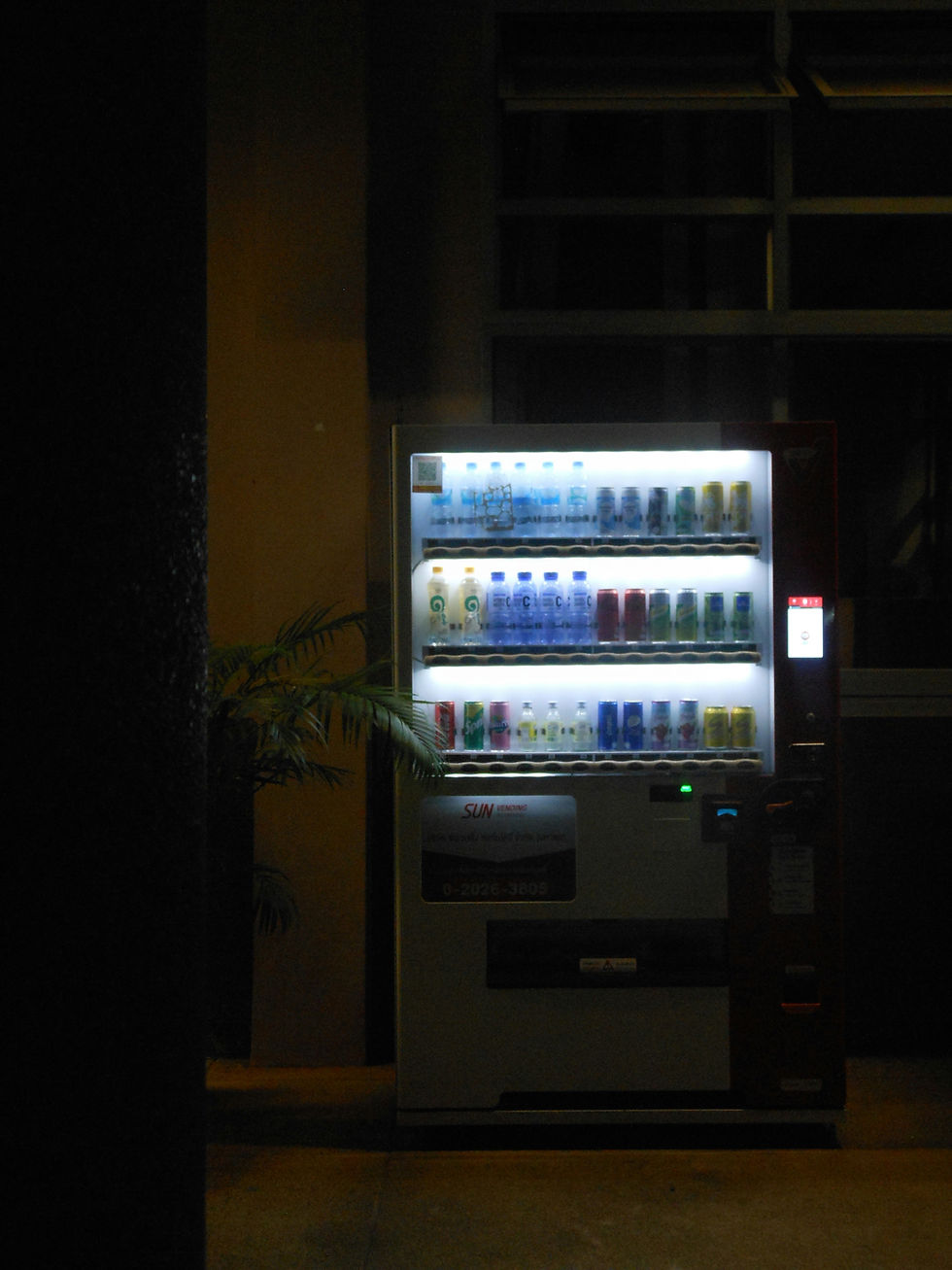Refreshment focuses on the water dispenser/cooler, office coffee service and vending sectors, while also taking an in-depth look into products for vending from bottled water and drinks, to snacks and confectionery. It also focuses on hydration, health and wellness, new technologies and environmental and social responsibility issues.
Research
Coffee & tea


The coffee industry is facing a crisis due to climate change, with rising temperatures and extreme weather threatening yields. Ed Hoehn, COO of Atomo Coffee, explains how coffee is following the path of industries like citrus and cocoa, exploring the challenges ahead and potential solutions for ensuring a sustainable future for coffee.
The coffee industry is racing towards a cliff. There is nothing controversial about this statement, unless you’re trying to avoid an inconvenient truth. Climate change is impacting both the quality and quantity of coffee yields due to rising temperatures, variable extreme weather events and heightened pest activity. This trend will reduce suitable land for coffee growing by up to 50% over the next 25 years. This means less coffee beans, higher prices and supply shortages.
Consider the citrus and cocoa industries, which are a bit ahead of us on the impact of climate-ruined supply chains. Those same supply chain and price curves are headed for us as an industry and consumers.
There are plenty of well-meaning initiatives to help turn some corners on the legacy challenges our industry has perpetrated (and the marketing to make sure everyone knows we are trying). Those initiatives should continue. But there is a solution here, right now, that doesn’t require us to destroy any more wild habitats, doesn’t hurt coffee farmers or lose supply and ultimately consumers. It doesn’t replace coffee, but partners with it for a better / secure / affordable / tasty coffee-filled future.
Bridge to sustainability
The solution is a unique 50:50 blend, a ‘bridge to sustainability’. It combines traditional coffee beans with beanless coffee made from upcycled, farm-sourced and superfood ingredients. By blending conventional coffee with this eco-friendly option, all brands can reduce their environmental impact while delivering the flavour and quality that made them household names.
The production process of this beanless coffee starts by identifying the key compounds in other farm-sourced ingredients that contribute to the distinctive flavours and aromas of coffee. These compounds are then derived from sustainable, natural sources like date pits, lemon and sunflower seed extract which come together to essentially recreate the green coffee bean profile. The ingredients are then roasted to craft a perfect cup of coffee delivering an identical coffee experience all the way down to the molecular level. More importantly, it gives the coffee industry a fighting chance by:
Increasing the number of farmers supporting the coffee industry by growing other natural ingredients that make great coffee
Partnering with coffee bean farmers to continue producing what they can without destroying more wild habitats
Creating extraordinary 50:50 blends that change the game on taste and affordability that consumers can enjoy in every format they prefer
Meeting consumer demand
Environmental benefits aside, the 50:50 blend also addresses growing consumer demand for eco-friendly options. Consumers today are more focused than ever on making choices that help protect the planet. With growing awareness about climate change and the impact of everyday purchases, people are looking for products that align with their environmental values. Coffee, as a daily staple, is no exception and many consumers want to know that their morning cup is part of the solution, not the problem. They want options that contribute to reducing deforestation and lowering carbon emissions. For these consumers, choosing sustainable coffee is a simple but meaningful way to support a healthier planet, showing that even small shifts in their buying habits can contribute to a larger environmental impact.
Better together
The future of coffee relies on our industry’s ability to adapt to the challenges posed by climate change. Coffee has long been more than just a morning ritual or an afternoon pick-me-up, it's part of daily life for millions around the world and a cornerstone for farmers and businesses in many regions. But as climate pressures increase, so does the urgency for sustainable practices. The good news? We already have innovative solutions, like Atomo Coffee’s 50:50 blend, designed to help reduce coffee’s environmental footprint while still delivering the quality and flavour people love.

Now, it’s up to the big players to step up and lead the way. Major coffee brands have both the power, the tools and a willing partner to help lead this transformative journey. Their influence can set new standards across the industry, showing smaller companies and coffee growers that there’s a path forward that respects both consumer demand and the planet. We’ve invested considerable time, resources and research to develop this breakthrough. The groundwork is laid, and the opportunity is now. All that’s left is for these major brands to take that next step, embrace collaboration and lead coffee into a more sustainable future.
#AtomoCoffee
Related posts
2026 outlook: How the vending and water sectors are shaping a smarter, more sustainable future
Representatives from the Automatic Vending Association (AVA), the European Vending & Coffee Service Association (EVA), the Water Dispenser & Hydration Association (WHA) and Zenith Global offer their insights into how technology, consumer behaviour and legislation will shape the future of automated retail and hydration.
.png)

%20(1).jpg)













